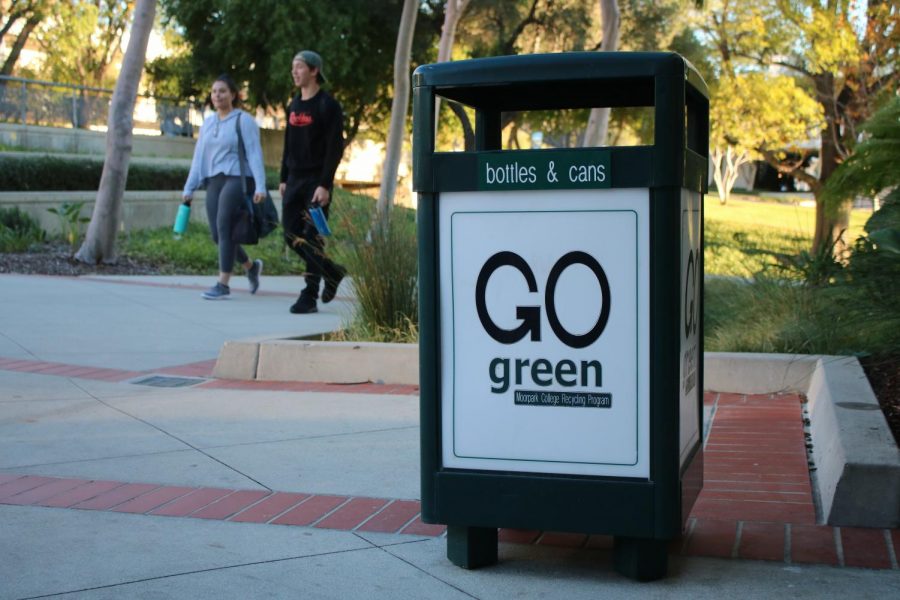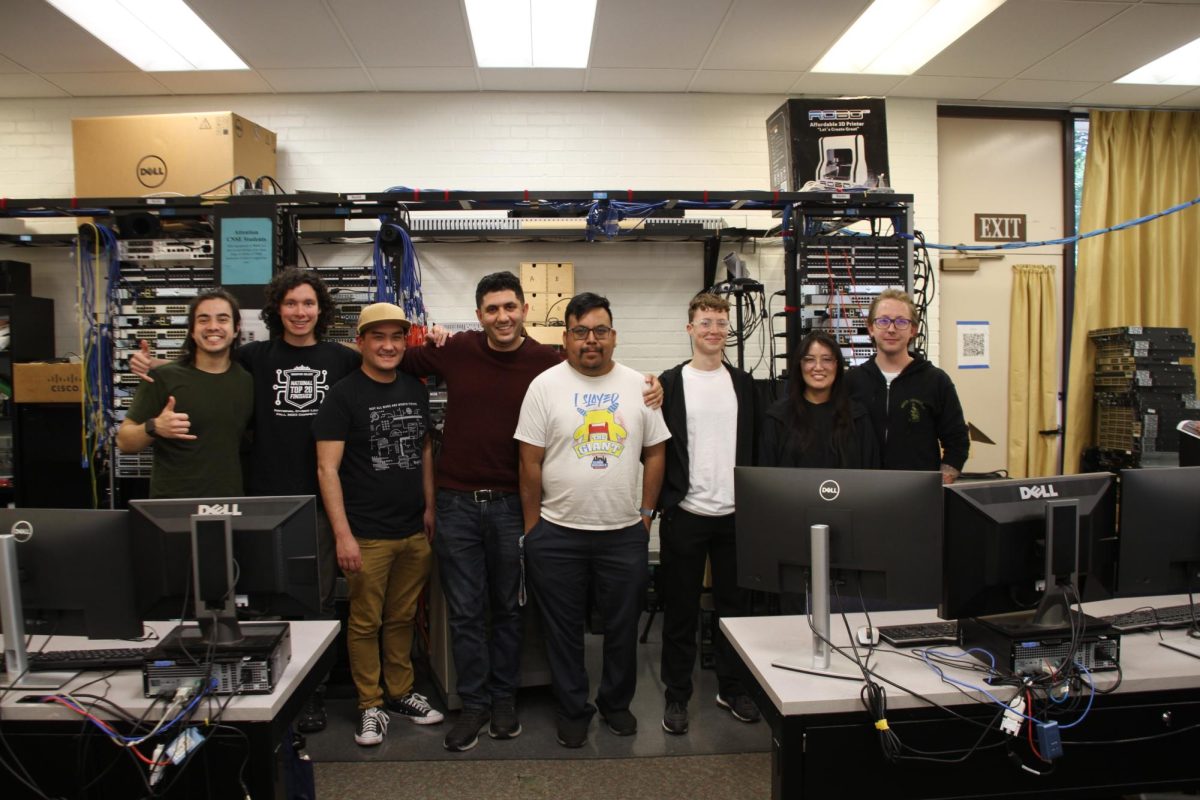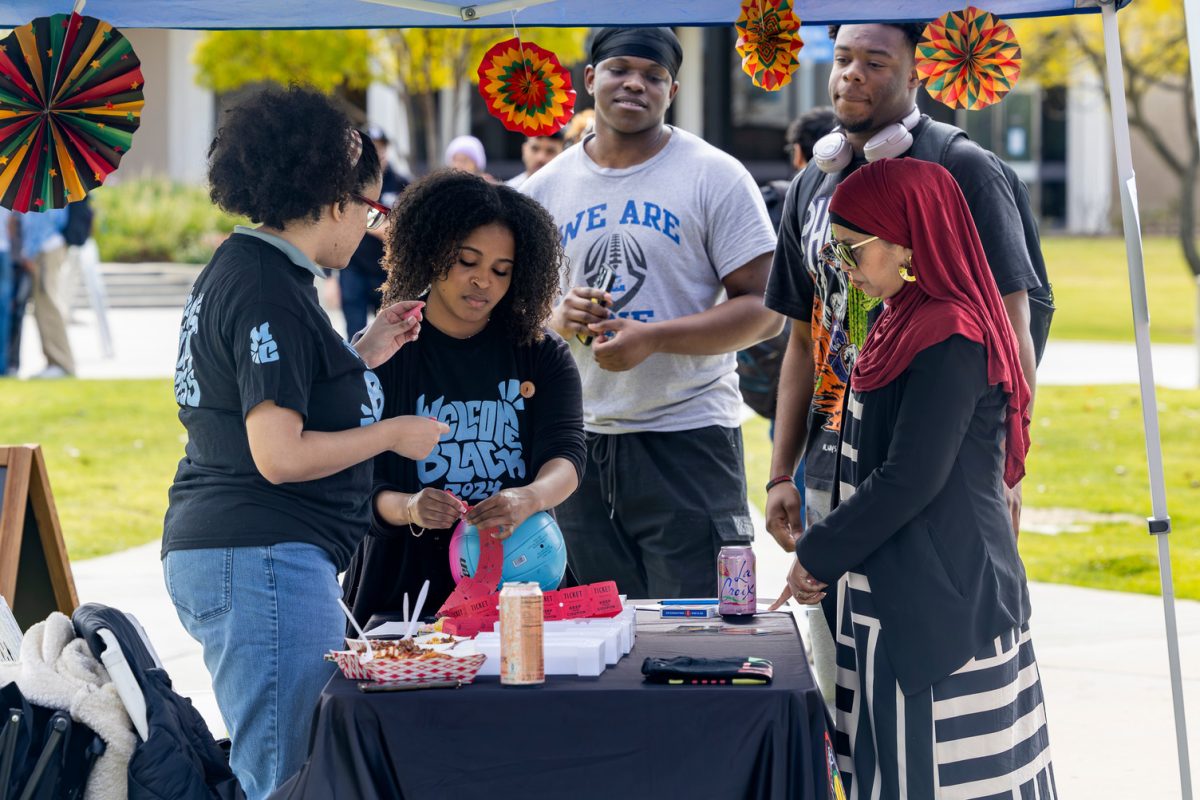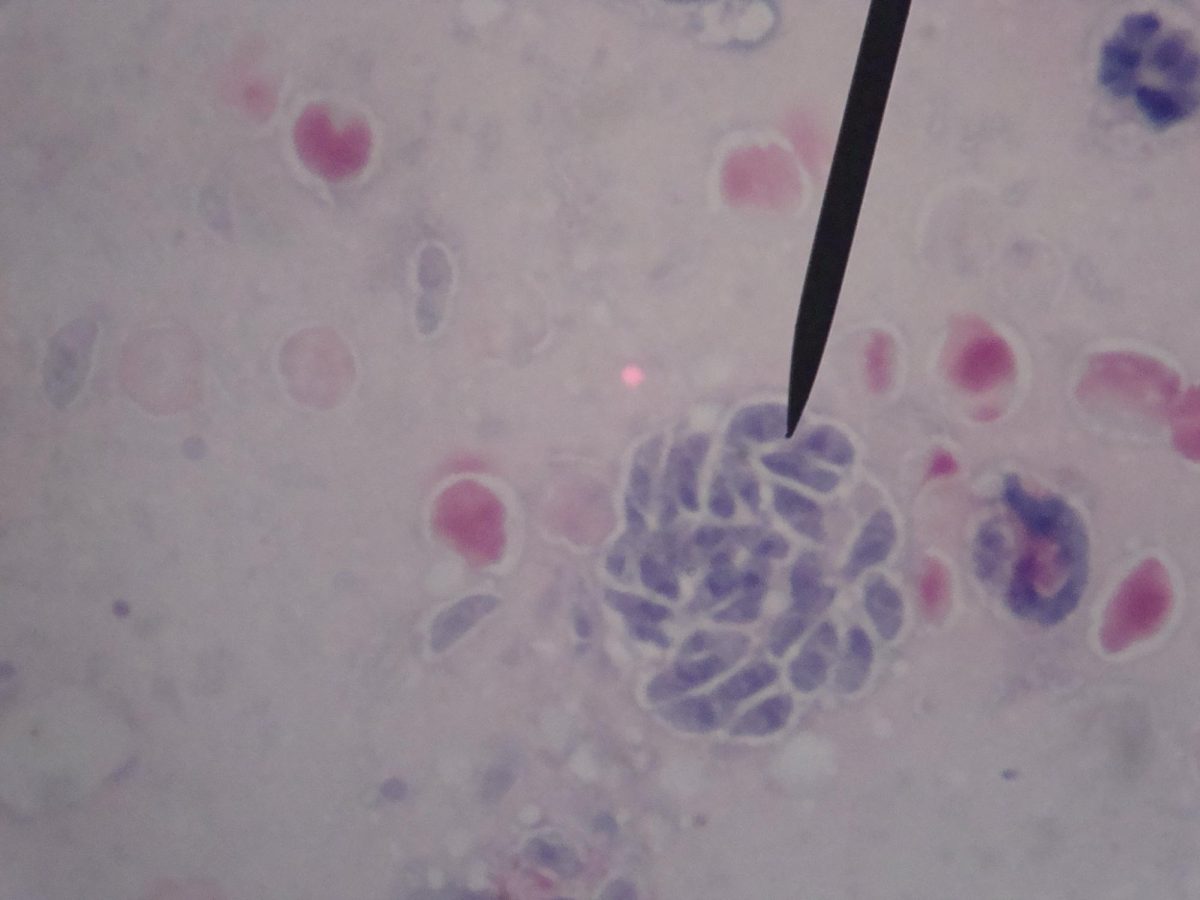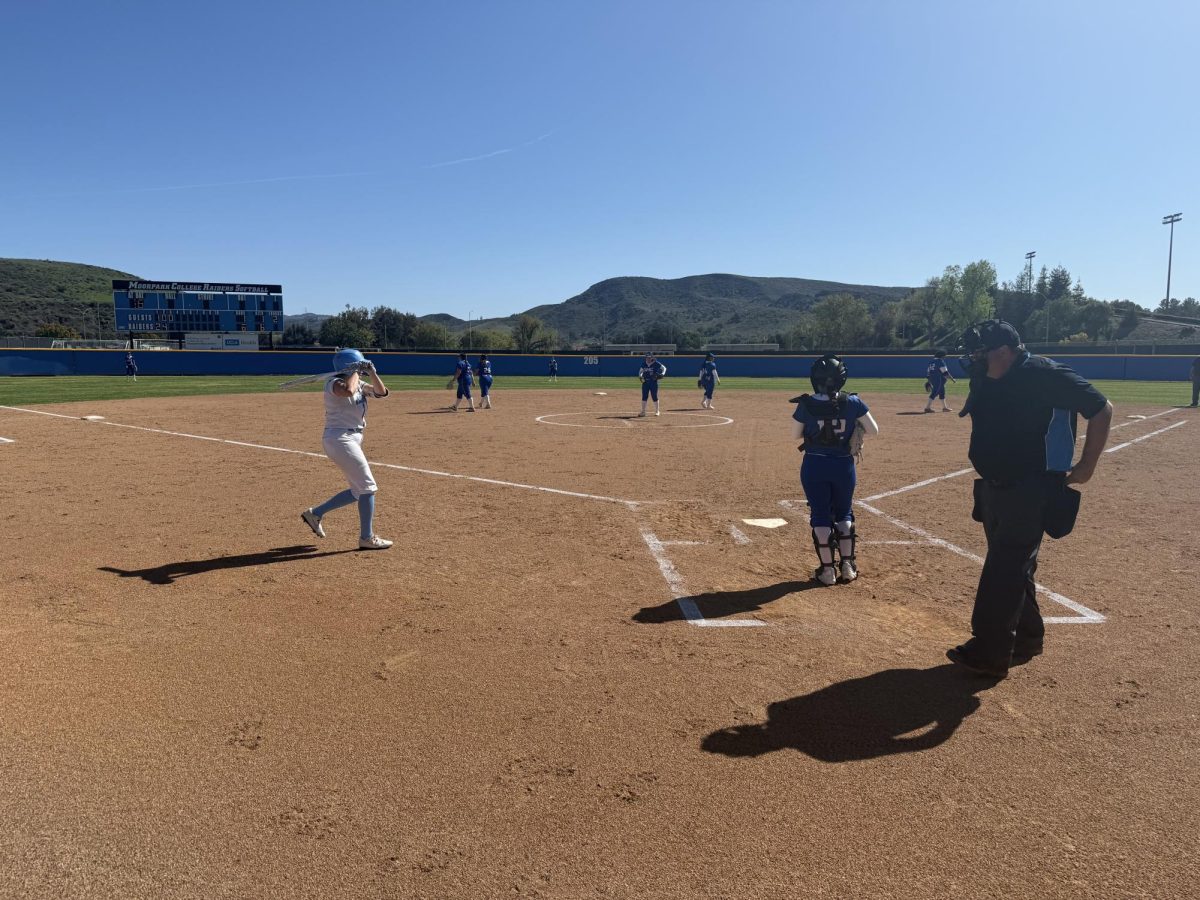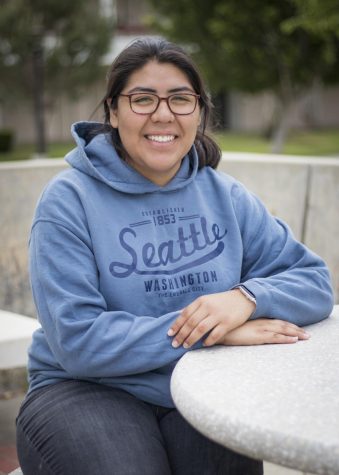Moorpark College has several opportunities on campus for students to incorporate environmentally friendly actions into their lifestyles.
Hydration stations and recycling bins can be found throughout the campus, giving students the option to either avoid plastic bottles or dispose of them correctly. However, there are still a few changes that can be made to further reduce plastic waste on campus.
The campus’ sustainability committee strives to reduce waste on campus and bring more awareness to what items are actually recyclable.
According to the Director of Student Services and Sustainability for the Associated Students of Moorpark College, Cassandra Cardoza, it is important to rinse out bottles to be recycled. Food contaminated packaging can’t be recycled, therefore it is especially important to rinse out your bottles if you wish for them to be recycled.
Although there are recycling bins on campus, the bins found closest to the food trucks are unfortunately only for regular trash and not recyclable items. As a result, there tends to be more recyclable plastic found in these containers rather than the correct bins, which are located closer to the cafeteria.
Cardoza agreed that there could be more recycling bins on campus. She also explained that a lot of waste is found in the recycling bins, and recyclable items are also sometimes found in trash bins.
“It could be that the bins aren’t labeled, but we are in the process of figuring out the best way to help people understand what can and can’t be recycled,” Cardoza said.
From the bin observations, Cardoza mentioned that there are some plastics found in the recycling bins that can’t be recycled. These include any type of thin plastic, such as shrink wrap, or anything that has been contaminated by food.
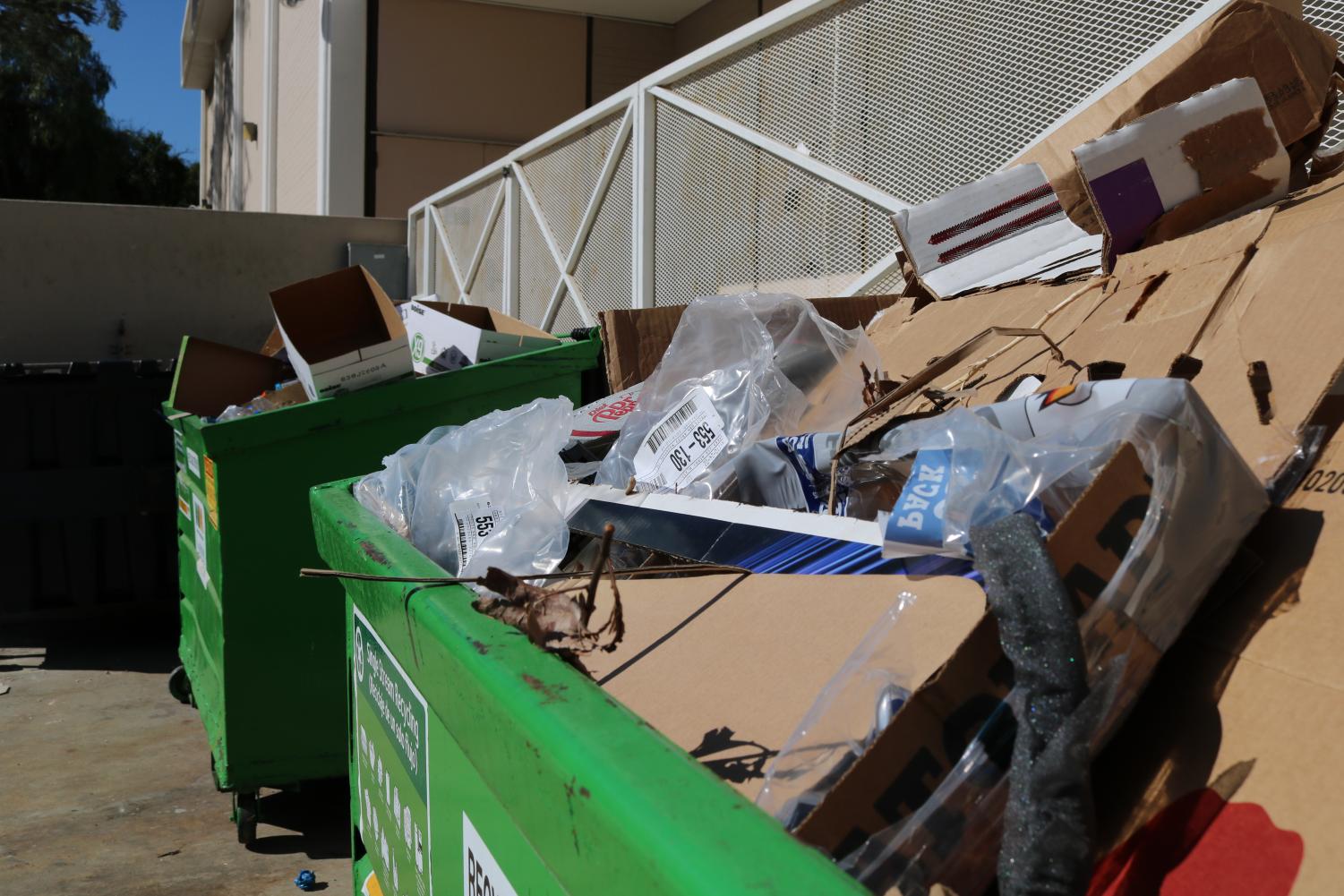
Food vendors are also taking action to help reduce plastic waste on campus.
According to Ty Tash, an employee at Matt’s coffee, the company uses cups and lids already made from recycled plastic. He estimates that the company uses about three and a half pounds of plastic per day while serving roughly 1,000 to 2,000 customers per week. The company has recently shifted their focus to finding a more sustainable option for straws.
“Paper straws are wildly expensive and would increase drink costs,” Tash said. “We have also been looking into other options, such as selling reusable straws.”
Tash mentioned that an issue with selling reusable straws is that some people may forget about it after they used it, and start a cycle of purchasing and losing straws.
As for reusable cups, Tash stated that about 15-20 students and faculty bring in their own cups in an effort to reduce plastic waste. He also mentioned that they never deny anybody who brings their own cup.
For more information on how you can get involved in helping Moorpark College move in a more green direction please contact the Associated Students of Moorpark College (ASMC).

